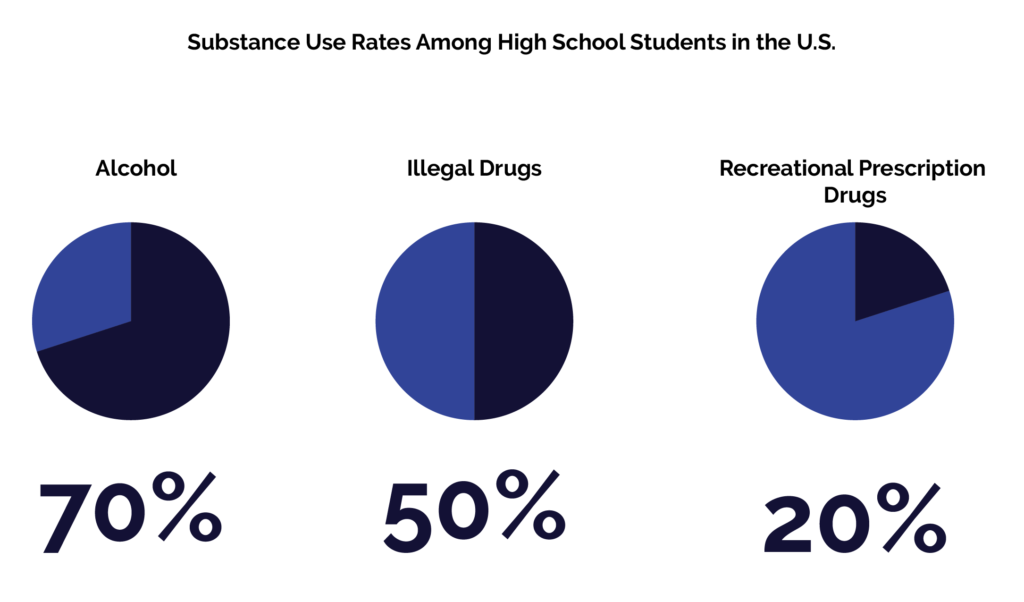The objective of this article is to present a discussion of the realities of chemical usage in young people and to suggest some ideas that may migrate it.
By: Susan Adams, M. Ed.
Do You Think Chemical Use in Young People Harms Them?
Summary: There is evidence that among school children experimentation with drugs and alcohol is beginning at earlier and earlier ages.
This makes the youngsters more prone to damage from these chemicals than people who begin use later in life. This article seeks to explain these differences and make some suggestions for helping to keep our youngsters clean and sober.
 There exists in the research evidence that some school youngsters begin experimenting with alcohol and drugs as early as ten to twelve years of age. This is not harmless to the experimenter. One reason for this is because starting at an early age is very likely to forecast a problem with drinking and drugging at a later age. Also, young bodies are more susceptible to the effects of alcohol. It's potency is related to body weight. Damage to the liver and other organs is more likely to affect younger drinkers than older ones. In addition, teenage drinkers behind the wheel of a car are involved in more fatal incidents than their elders.
There exists in the research evidence that some school youngsters begin experimenting with alcohol and drugs as early as ten to twelve years of age. This is not harmless to the experimenter. One reason for this is because starting at an early age is very likely to forecast a problem with drinking and drugging at a later age. Also, young bodies are more susceptible to the effects of alcohol. It's potency is related to body weight. Damage to the liver and other organs is more likely to affect younger drinkers than older ones. In addition, teenage drinkers behind the wheel of a car are involved in more fatal incidents than their elders.
As for marijuana, for many years, its proponents have claimed that it is harmless in use. Certainly no more harmful than an occasional drink. However, it has now been discovered that marijuana has very harmful effects on the body--particularly on the breathing system and especially if used more than occasionally. It also affects motivation and causes depression and given that it is stored in the fat cells of the body, its effects can last for at least thirty days--much longer than that of alcohol.
Even a one-time marijuana high is likely to get a youngster in trouble because it can make him reckless and careless behind the wheel. Young people who smoke marijuana are vulnerable to legal action if they are found in possession or selling of it.
Other drugs are harmful to youngsters as well., even in one-time experimentation.
Glue-sniffing has killed, PCP or "angel dust" has caused psychosis, as has LSD. Heroin use, once started, frequently leads to addiction. Even short of regular use, amphetamines, cocaine, and barbiturates can be dangerous. Tobacco is also classed as dangerous because smoking can cause damage to the lungs, continue as a health-damaging habit into adulthood, and harm the fetus in pregnancy.
Above all, any drug use may distort a youngster's growth, both physically and mentally. A brain that is frequently high has neither the time nor the ability to learn and grow--not academically nor in the areas of social skills. The use of chemicals becomes a crutch for the user, enabling him or her to evade problems rather than learning to cope with them. Further, someone who is using energy to get and use drugs is not giving his best at school or other tasks that need to be completed on the way to adulthood.
There is no sure way to prevent the use and abuse of harmful drugs. The major hope of success lies in the execution of parenthood. This means the relationship and creation of an atmosphere that is conducive to teens making sound decisions when the opportunity to use drugs and alcohol arise.
It is possible--and this starts from an early age--to raise children to be thinking, caring adults who weigh the consequences of their actions and make sound decisions about many things, not just drugs. We do this by teaching children early how to decide what the right thing to do is--to think about the consequences of each individual behavior we make enact.
Setting clear and firm limits is important. Teaching personal responsibility is also a factor. Knowing what you are talking about when you talk to your kids about drugs and alcohol is very important. Read books, follow scientific reports and be able to talk the language of your kids--using the slang and vocabulary that they use. This will help them to respect what you have to say.
One of the biggest factors in the decision to use drugs for a youngster, is whether his best friend uses. Know your child's friends and his or her parents. Keep track of what is going on with them and keep the lines of communication open. This is not done by forbidding youngsters to use---that is apt to create rebellion. It is best done by having continuing conversation with your children about the use and abuse of drugs and alcohol and their effects on the body and the mind.
